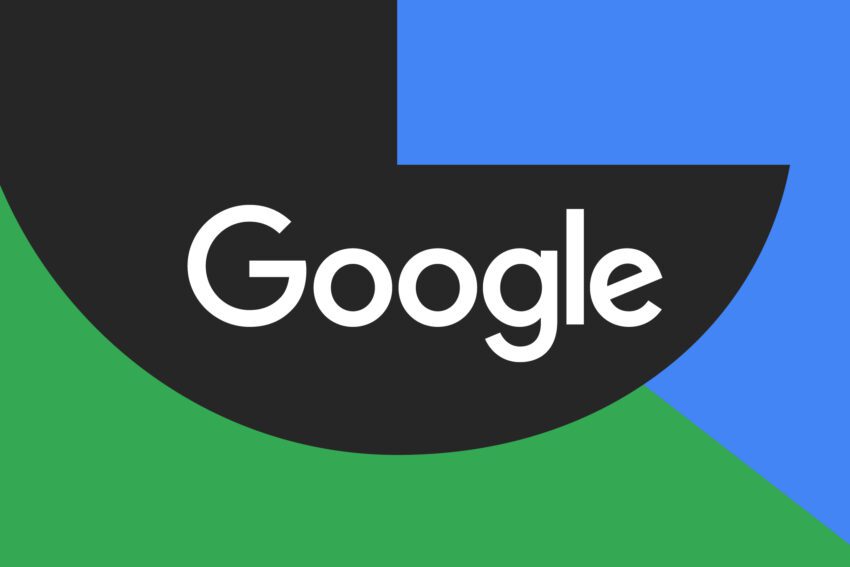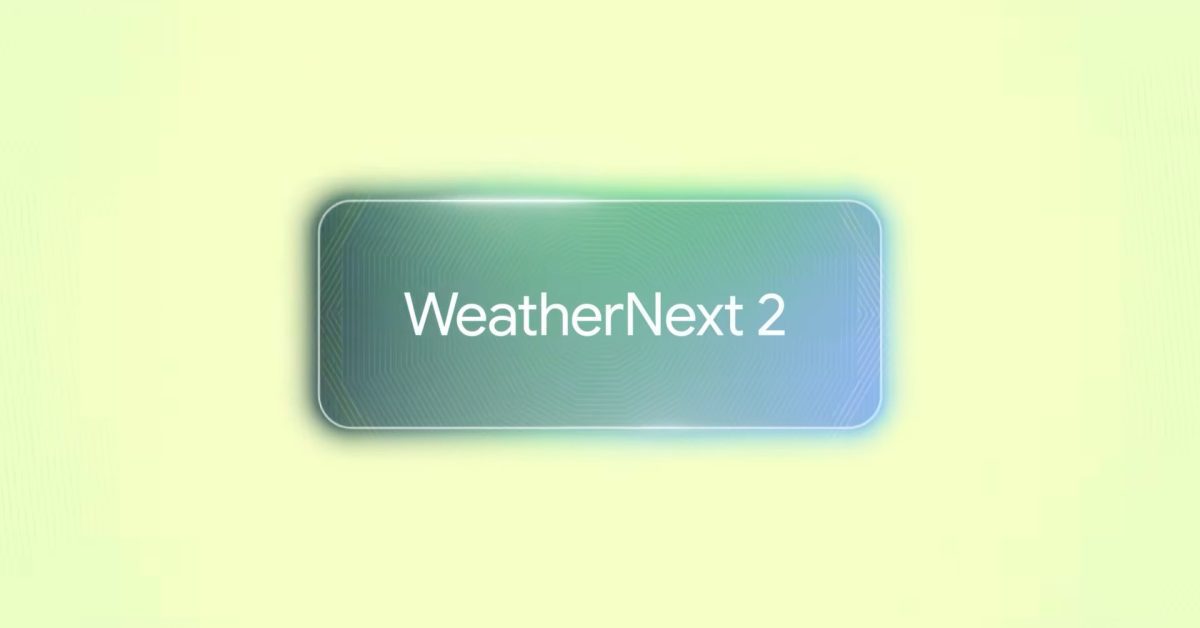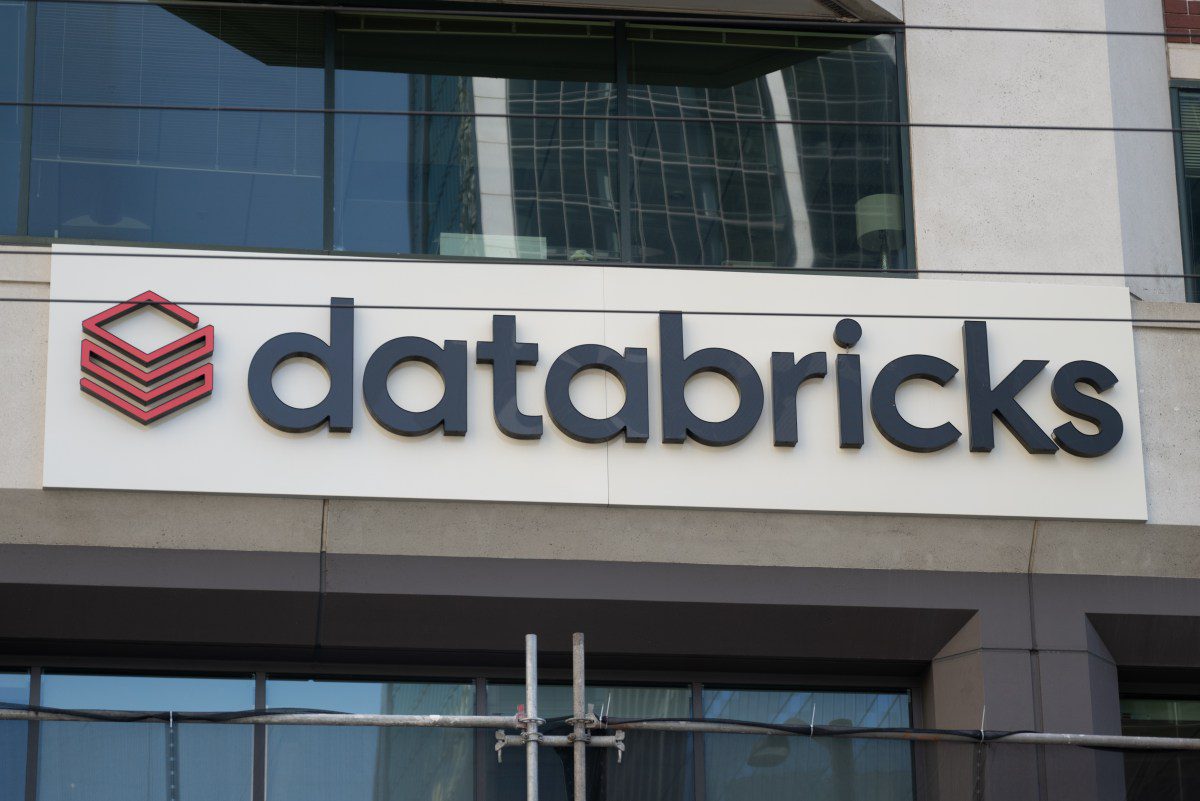
google is fighting the defamation battle meta Google is currently engaged in a legal battle over a defamation lawsuit filed by Robby Starbuck, an anti-corporate diversity activist, who alleges that the company’s AI technology falsely linked him to serious criminal accusations.
google is fighting the defamation battle meta
Background of the Lawsuit
Robby Starbuck, known for his outspoken views against corporate diversity initiatives, has taken legal action against Google, claiming that its AI systems have wrongfully associated him with sexual assault allegations and labeled him a white nationalist. This lawsuit follows a similar claim he made against Meta, the parent company of Facebook, which he accused of falsely asserting that he participated in the January 6th riot at the U.S. Capitol. In August, Meta opted to settle that lawsuit, a decision that has drawn attention to how tech companies are handling allegations of defamation related to their AI technologies.
Meta’s Settlement and Its Implications
Meta’s decision to settle with Starbuck has significant implications for the tech industry. By agreeing to resolve the lawsuit, Meta not only avoided a potentially lengthy and costly court battle but also took a proactive step in addressing concerns about ideological and political bias in its AI systems. As part of the settlement, Meta hired Starbuck as an adviser, indicating a willingness to engage with critics and improve its AI technology. This move could set a precedent for how other tech companies, including Google, might handle similar lawsuits in the future.
Google’s Legal Strategy
In contrast to Meta’s approach, Google has filed a motion to dismiss Starbuck’s lawsuit, arguing that his claims are unfounded. The company contends that Starbuck’s allegations represent a misuse of developer tools, which he employed to generate outputs that he now claims are defamatory. Google’s legal team pointed out that Starbuck has not provided specific prompts or context that led to the alleged misrepresentations, nor has he identified any actual individuals who were misled by the AI’s outputs.
Google’s motion to dismiss highlights a critical aspect of the ongoing debate surrounding AI technologies: the accountability of AI systems and the users who interact with them. The company argues that Starbuck’s claims do not meet the legal standards for defamation, particularly given the complexities involved in AI-generated content. As of now, no U.S. court has awarded damages for defamation involving an AI chatbot, which adds another layer of uncertainty to Starbuck’s case.
The Legal Landscape of AI and Defamation
The intersection of artificial intelligence and defamation law is a relatively uncharted territory. As AI technologies become increasingly sophisticated, the potential for misinformation and harmful associations grows. This raises important questions about accountability—who is responsible when an AI system generates false or defamatory information? Is it the developer of the AI, the user who inputs prompts, or both?
Challenges in Defining Responsibility
One of the primary challenges in addressing defamation claims related to AI is the difficulty in pinpointing responsibility. In traditional defamation cases, the plaintiff must demonstrate that the defendant made a false statement that harmed their reputation. However, when it comes to AI-generated content, the lines become blurred. The AI operates based on algorithms and data sets, which can lead to unexpected outputs that may not directly reflect the intentions of the developers or the users.
In Starbuck’s case, Google argues that he has not provided sufficient evidence to support his claims. The company asserts that the outputs in question are a result of his own input and manipulation of the AI tools, which complicates the legal standing of his defamation allegations. This argument underscores the need for clearer guidelines and regulations surrounding AI technologies and their potential impact on individuals’ reputations.
Stakeholder Reactions
The reactions to Starbuck’s lawsuit and Google’s response have been varied. Supporters of Starbuck argue that tech companies must be held accountable for the outputs generated by their AI systems, particularly when those outputs can cause significant harm to individuals’ reputations. They contend that the legal system should adapt to address the unique challenges posed by AI technologies.
On the other hand, advocates for AI development caution against overly punitive measures that could stifle innovation. They argue that the technology is still evolving, and imposing strict liability on developers could hinder progress in the field. This perspective emphasizes the importance of balancing accountability with the need for continued advancements in AI.
Future Implications for AI and Defamation Law
The outcome of Starbuck’s lawsuit against Google could have far-reaching implications for the tech industry and the legal landscape surrounding AI. If the court rules in favor of Starbuck, it may set a precedent that encourages more individuals to pursue defamation claims against tech companies for AI-generated content. This could lead to a surge of lawsuits, prompting companies to reevaluate their AI systems and the safeguards they have in place to prevent the dissemination of false information.
Potential Changes in AI Development Practices
In light of the ongoing legal challenges, tech companies may need to adopt more rigorous practices when developing AI technologies. This could include implementing better oversight mechanisms to ensure that AI systems do not produce harmful or defamatory outputs. Additionally, companies may need to enhance transparency regarding how their AI systems operate and the data sets used to train them.
Moreover, as the legal landscape evolves, there may be a growing demand for regulatory frameworks that specifically address the challenges posed by AI technologies. Policymakers may need to consider how to balance innovation with the protection of individual rights, ensuring that individuals have recourse in cases of defamation while still fostering an environment conducive to technological advancement.
Conclusion
The defamation lawsuit filed by Robby Starbuck against Google highlights the complexities and challenges at the intersection of AI technology and legal accountability. As tech companies navigate this evolving landscape, the outcomes of such lawsuits will play a crucial role in shaping the future of AI development and the legal standards that govern it. While Google has chosen to fight Starbuck’s claims in court, the broader implications of this case may prompt a reevaluation of how AI technologies are developed, deployed, and regulated in the years to come.
Source: Original report
Was this helpful?
Last Modified: November 18, 2025 at 4:36 pm
1 views















